Papal Conclave: Disputed Voting Rights Of A Convicted Cardinal
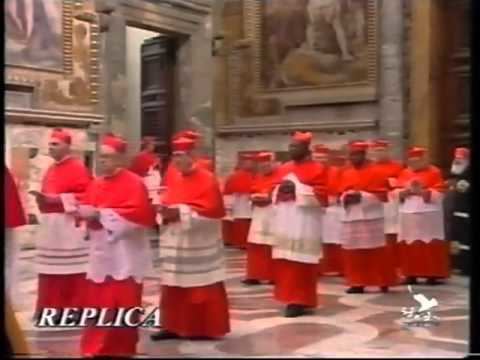
Table of Contents
The Historical Context of Cardinal Participation in the Conclave
Understanding the current debate regarding a convicted Cardinal's voting rights requires examining the historical evolution of the Papal Conclave's rules and regulations. The procedures surrounding the election of the Pope have changed significantly over the centuries. Early Conclaves, far less formalized than their modern counterparts, lacked the strict eligibility criteria we see today. The process of selecting a new Pope was often fraught with political maneuvering and external influences.
- Early Conclaves and their less formalized procedures: In the early centuries, the election process was often chaotic and influenced by powerful secular rulers.
- The development of stricter rules regarding eligibility over centuries: Over time, the Catholic Church implemented increasingly stringent rules to ensure a more orderly and spiritually-focused election process. These rules aimed to minimize outside interference and prioritize the spiritual suitability of candidates.
- Notable examples of cardinals excluded from past Conclaves: While precise records aren't always complete, history offers instances where cardinals were deemed ineligible due to various reasons, including accusations of heresy, involvement in scandalous activities, or even political opposition. These historical precedents provide a framework for interpreting the current situation.
These historical precedents illustrate the ongoing evolution of Conclave rules and the Church’s attempts to balance tradition with the demands of contemporary justice. Understanding this historical context is crucial for analyzing the current controversy surrounding Papal Conclave history and Cardinal eligibility.
Canon Law and the Eligibility of Cardinals
Canon Law, the body of laws governing the Catholic Church, dictates the qualifications for cardinal electors participating in the Papal Conclave. Several canons address the issue of moral fitness, which is central to this current debate. The interpretation of these canons in relation to a criminal conviction is at the heart of the dispute.
- Specific Canon Law articles pertaining to cardinal electors: Specific articles within the Code of Canon Law define the qualifications required for a cardinal to participate in a Papal election, outlining conditions of suitability and potential impediments.
- Interpretation of "moral fitness" within the context of criminal convictions: The concept of "moral fitness" is key. The question is whether a criminal conviction, regardless of its nature or severity, automatically disqualifies a cardinal from exercising his voting rights. This interpretation varies among Church officials and legal scholars.
- Precedents set by the Congregation for the Doctrine of the Faith: The Congregation for the Doctrine of the Faith, responsible for doctrinal matters, has offered pronouncements on similar cases in the past. These pronouncements, however, may not directly address the nuances of the current situation, necessitating careful examination of the relevant canon law and precedence.
The interplay between Canon Law, Cardinal qualifications, and the concept of moral fitness is intricate and requires careful consideration by those interpreting the law in relation to the convicted Cardinal.
The Specific Case of the Convicted Cardinal
The convicted Cardinal's case involves [briefly, neutrally describe the nature of the conviction and legal proceedings]. This necessitates a detailed examination of the charges, the judicial process, and any appeals that have been pursued.
- Summary of the charges and conviction: [Clearly and concisely state the nature of the charges and the outcome of the trial.]
- Arguments supporting the cardinal's right to vote (e.g., appeal process, mitigating circumstances): Supporters might argue that the conviction is under appeal, that mitigating circumstances exist, or that the crime is not inherently disqualifying for participation in the Conclave.
- Arguments opposing the cardinal's right to vote (e.g., upholding the integrity of the process, public perception): Opponents might emphasize the importance of upholding the integrity of the Papal Conclave and avoiding any perception of impropriety. The public perception of the Church's commitment to justice could also be a significant factor.
The Role of the College of Cardinals
The College of Cardinals itself plays a vital role in resolving this dispute. Its members are responsible for interpreting Canon Law and deciding on the eligibility of their fellow cardinals.
- The College's authority in interpreting Canon Law: The College has the authority to interpret and apply Canon Law within the context of this specific case.
- Potential for internal debate and lobbying within the College: It is highly likely that significant internal debate will take place, with lobbying efforts from various factions within the College. The diversity of opinions and the potential for political maneuvering within the College add another layer of complexity.
- The influence of public opinion and media coverage: Public opinion and media coverage undoubtedly influence the decision-making process. The College will be acutely aware of the global implications of its decision.
Conclusion
The disputed voting rights of a convicted Cardinal in the upcoming Papal Conclave highlight the complex interplay between Canon Law, legal processes, and the deeply symbolic nature of this pivotal election. The resolution of this controversy will set a precedent for future Conclaves and profoundly impact the understanding of eligibility for this critical role. The Papal Conclave process and its inherent complexities, particularly concerning the disputed voting rights of a convicted cardinal, demand a nuanced understanding of Canon Law and its interpretation within the context of modern justice.
Call to Action: Understanding the nuances surrounding the Papal Conclave and the disputed voting rights of a convicted cardinal is crucial to comprehending the significance of this pivotal event. Further research into Canon Law and the historical precedents of cardinal eligibility will provide a deeper understanding of the issues at stake. Stay informed about the developing situation surrounding this Papal Conclave.

Featured Posts
-
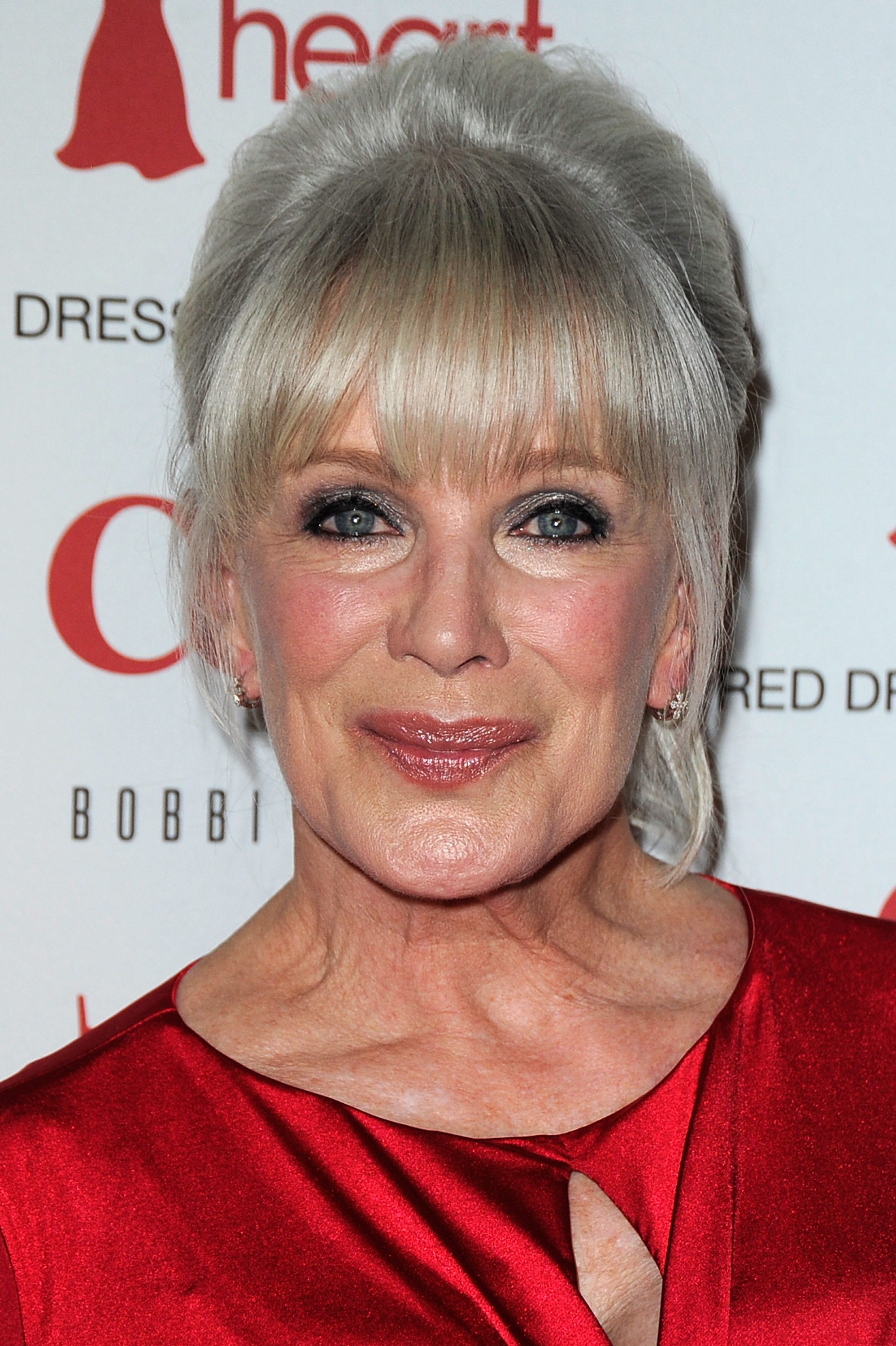 See Linda Evans Now The Dynasty Icons Sweet Valentines Message At 82
Apr 29, 2025
See Linda Evans Now The Dynasty Icons Sweet Valentines Message At 82
Apr 29, 2025 -
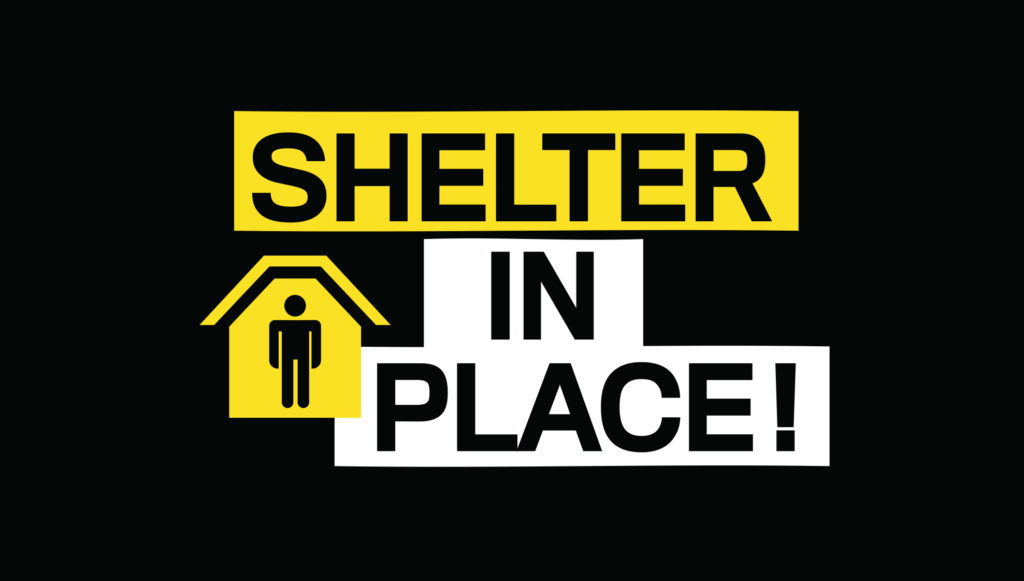 Louisvilles Shelter In Place Order A Time For Reflection And Remembrance
Apr 29, 2025
Louisvilles Shelter In Place Order A Time For Reflection And Remembrance
Apr 29, 2025 -
 Actor Alan Cumming Recalls Favorite Childhood Activity In Scotland
Apr 29, 2025
Actor Alan Cumming Recalls Favorite Childhood Activity In Scotland
Apr 29, 2025 -
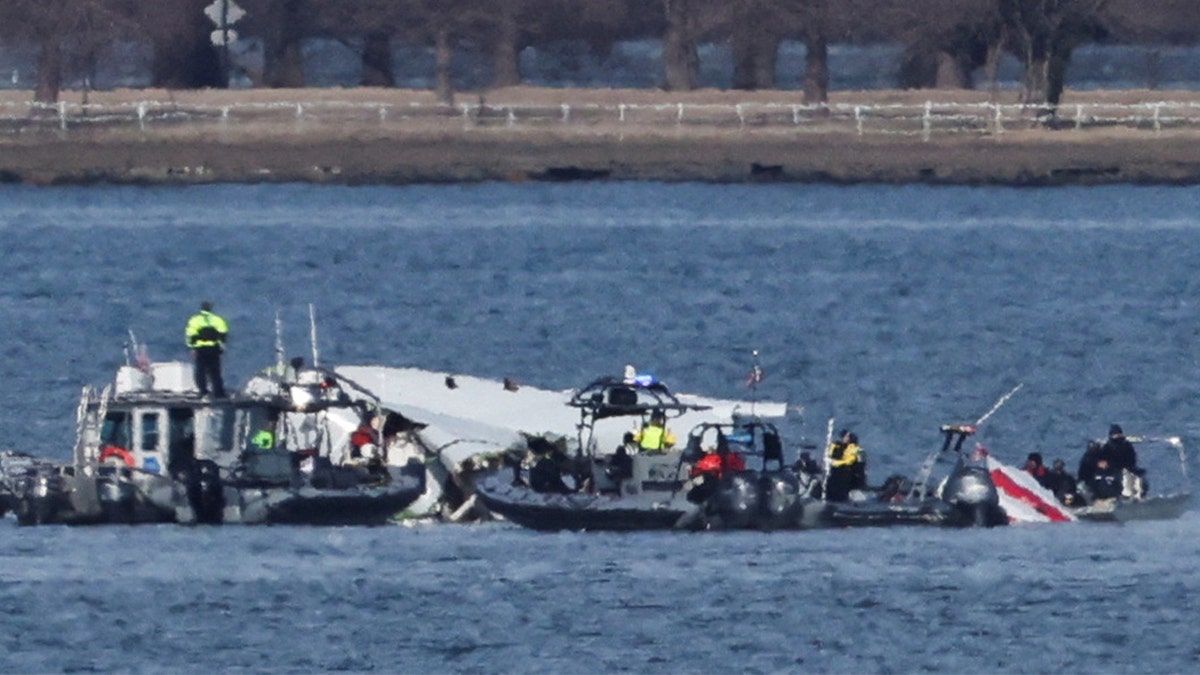 Black Hawk Collision Near Dc Report Details Pilot Error
Apr 29, 2025
Black Hawk Collision Near Dc Report Details Pilot Error
Apr 29, 2025 -
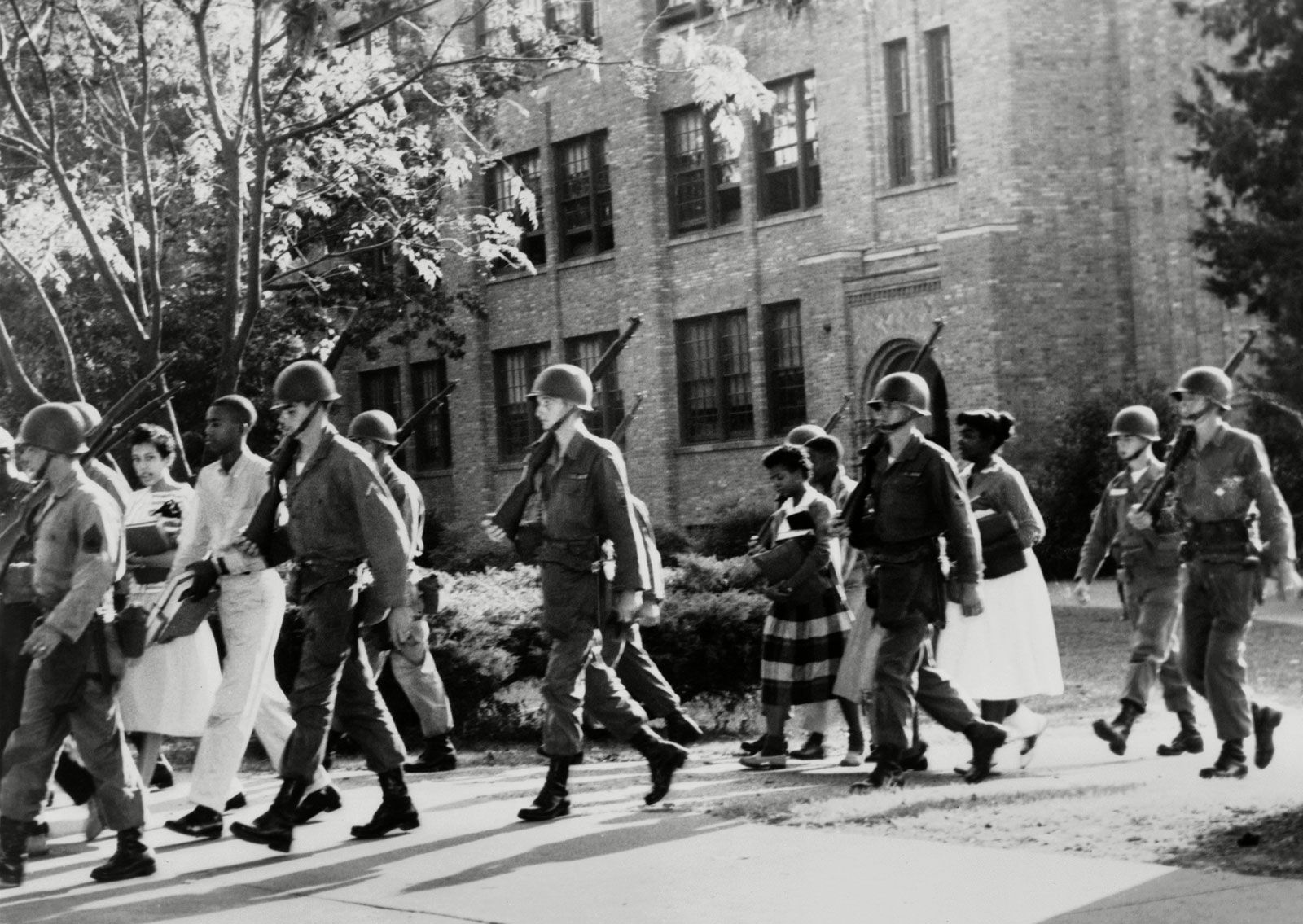 Pw Cs Exit From Nine African Countries Impact And Analysis
Apr 29, 2025
Pw Cs Exit From Nine African Countries Impact And Analysis
Apr 29, 2025
Latest Posts
-
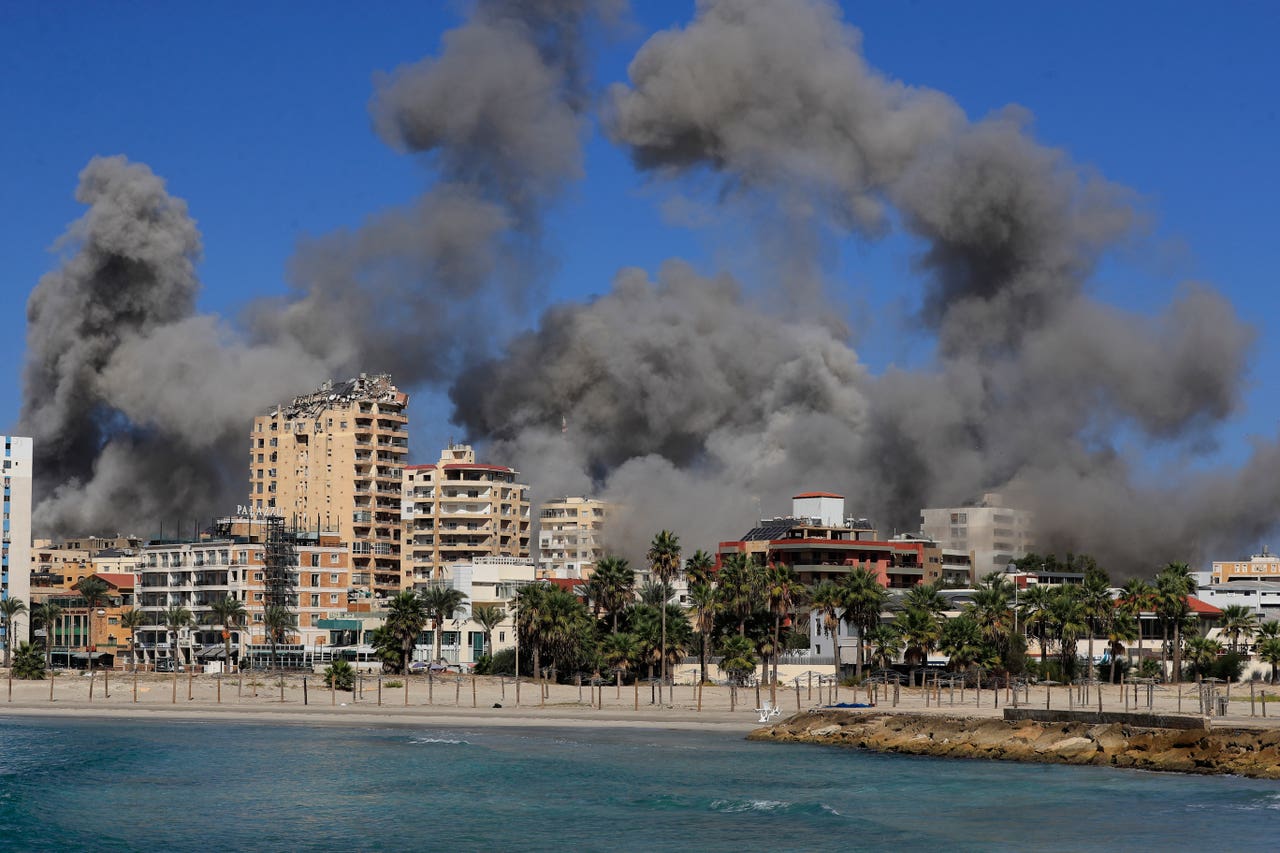 Capital Summertime Ball 2025 A Step By Step Ticket Guide For Harwich And Manningtree Residents
Apr 29, 2025
Capital Summertime Ball 2025 A Step By Step Ticket Guide For Harwich And Manningtree Residents
Apr 29, 2025 -
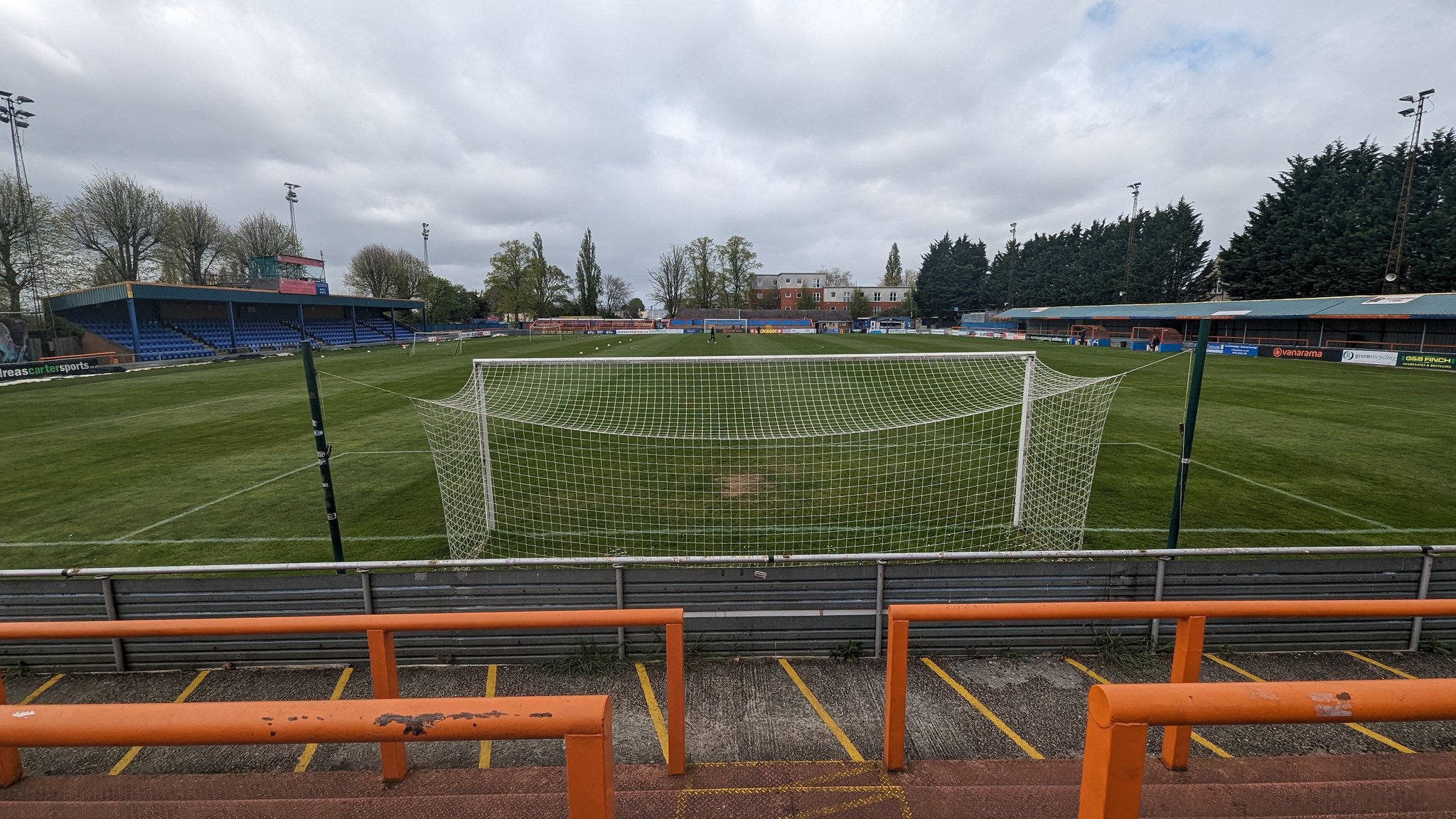 Capital Summertime Ball 2025 Ticket Information For Braintree And Witham
Apr 29, 2025
Capital Summertime Ball 2025 Ticket Information For Braintree And Witham
Apr 29, 2025 -
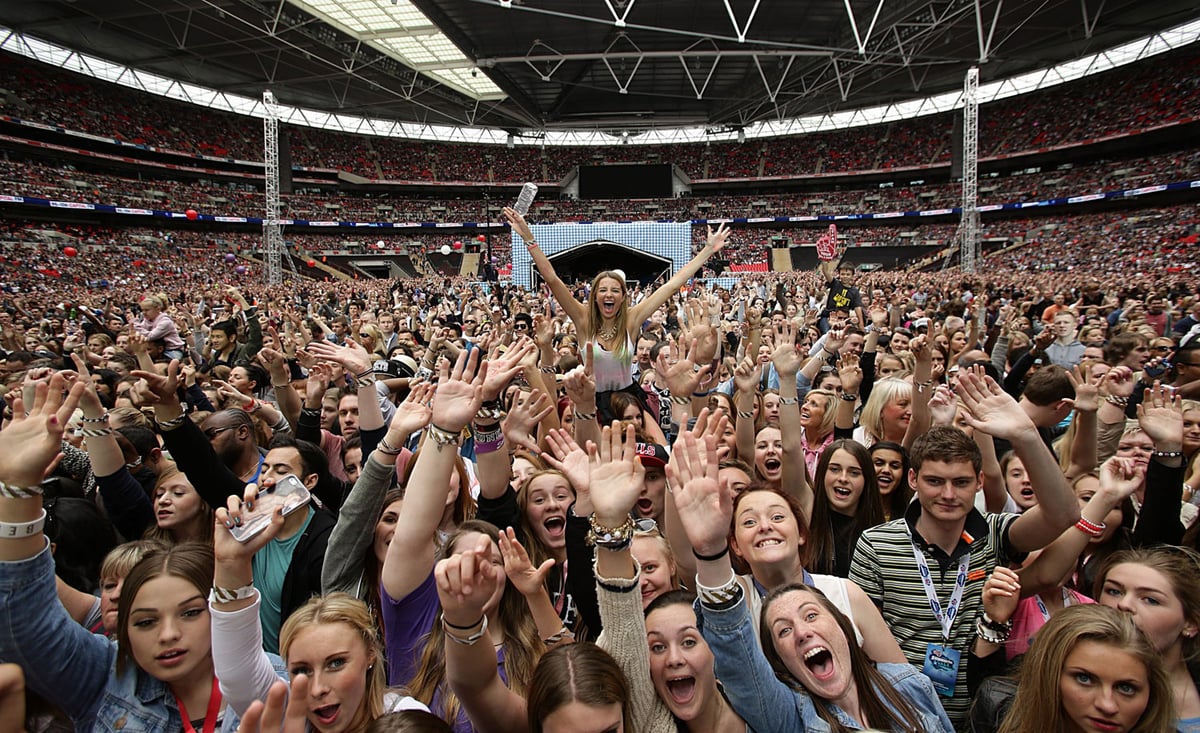 How To Secure Capital Summertime Ball 2025 Tickets In Harwich And Manningtree
Apr 29, 2025
How To Secure Capital Summertime Ball 2025 Tickets In Harwich And Manningtree
Apr 29, 2025 -
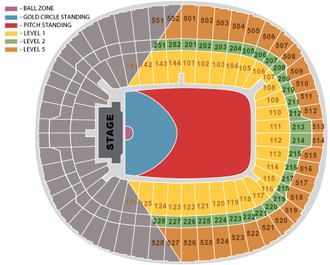 Get Your Capital Summertime Ball 2025 Tickets Braintree And Witham
Apr 29, 2025
Get Your Capital Summertime Ball 2025 Tickets Braintree And Witham
Apr 29, 2025 -
 Capital Summertime Ball 2025 Tickets A Buyers Guide
Apr 29, 2025
Capital Summertime Ball 2025 Tickets A Buyers Guide
Apr 29, 2025
